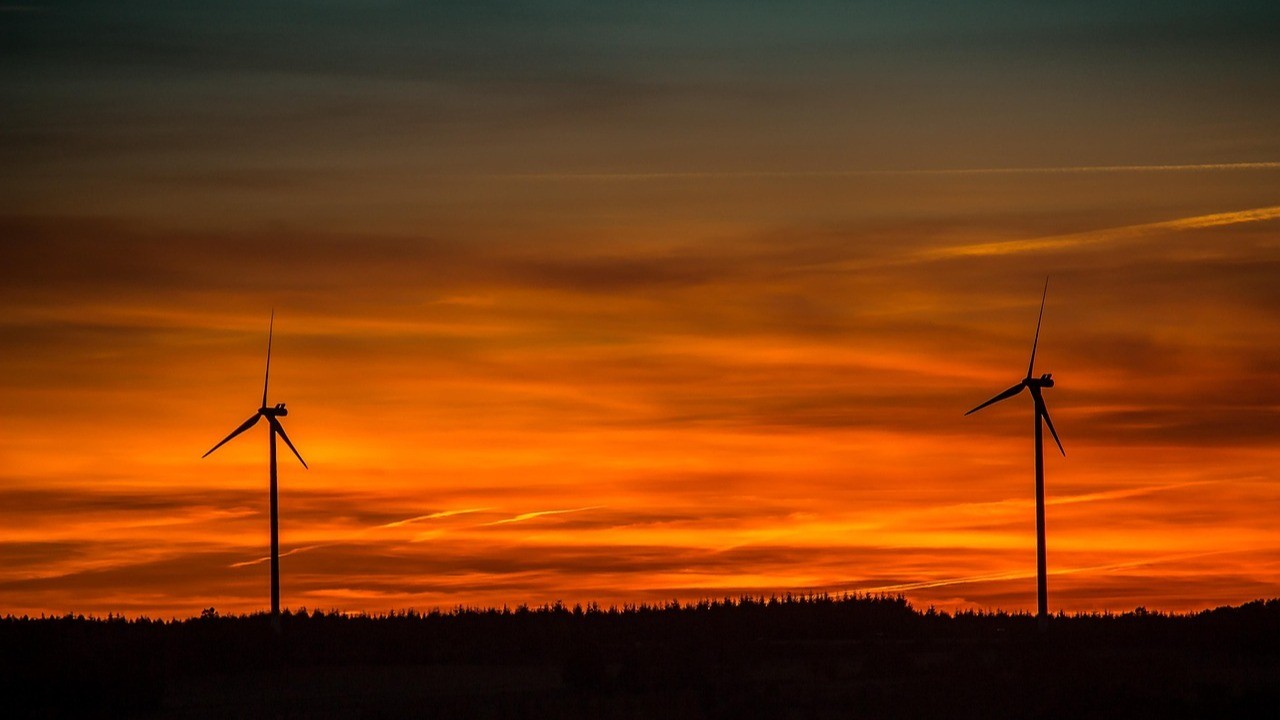Portugal’s 81% Renewable Energy Milestone: A Model for Scalable Success

Portugal has quietly become one of Europe’s most successful case studies in renewable energy deployment. In the first quarter of 2025, the country met 81% of its electricity demand with renewable sources, one of the highest shares across the continent.
While countries like Germany and France often dominate the conversation, Portugal’s achievement stands out for its consistency and results-driven strategy. The country’s renewable mix relies on a strong hydroelectric foundation, combined with growing wind and solar generation. It’s not the result of a sudden shift but of deliberate long-term planning, infrastructure investment, and policy continuity.
What changed from the previous year is both impressive and telling. In 2024, Portugal’s renewable share reached 71%, already placing it among Europe’s leaders. But in just a year, the country added another 10%, reaching 81% in Q1 2025. The biggest factor behind this leap was hydropower. Favourable rainfall conditions, paired with the operation of new facilities like the Tâmega hydroelectric complex, boosted hydro’s contribution from 28% to 39%. Wind energy also increased from 27% to 29%, supported by new turbine installations and upgrades to existing systems.
Even though solar’s share dipped slightly – from 10% to 7% – the country continues to expand its photovoltaic capacity. This dip reflects seasonal variation more than any slowdown in investment. In fact, solar installations are expected to see double-digit growth by the end of the year.
Beyond generation, Portugal has been upgrading its grid to better handle the variability of renewables. These improvements have helped reduce transmission losses and integrate diverse sources more efficiently. At the same time, clear and stable government policies have given confidence to investors and project developers, enabling consistent progress regardless of political changes.
Compared to the EU average, which hovers below 50%, Portugal is significantly ahead. Germany still relies heavily on fossil fuels, while France’s low-carbon mix is dominated by nuclear rather than renewables. Spain, though strong in solar, has yet to match Portugal’s proportional success.
Portugal’s achievement isn’t just about numbers—it’s about what steady policy, investment, and infrastructure development can deliver over time. In a global energy landscape often dominated by bold pledges and far-off targets, this milestone stands out because it’s real, measurable, and already happening.
It’s a reminder that meaningful progress doesn’t always come with fanfare. Sometimes it looks like long-term planning, seasonal readiness, and a quiet commitment to doing things well. For anyone watching the energy transition unfold, not just in Portugal but across Europe and beyond, this is a case worth paying attention to.
Click here to learn more about BCM Renewable Energy PR Company.